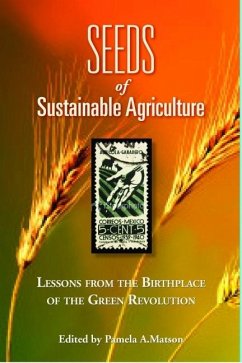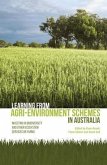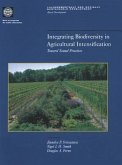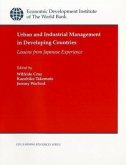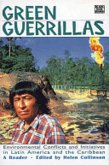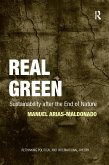Seeds of Sustainable Agriculture is a groundbreaking analysis of agricultural development and transitions toward more sustainable management in one region. An invaluable resource for researchers, policymakers, and students alike, it examines new approaches to make agricultural landscapes healthier for both the environment and people. The Yaqui Valley is one of the most intensive agricultural regions of the world. It also faces resource limitations, threats to human health, and rapidly changing economic conditions. Pamela Matson and colleagues from leading institutions in the U.S. and Mexico spent fifteen years addressing this challenge. Seeds of Sustainable Agriculture provides unparalleled information about the causes and consequences of current agricultural methods. It also shows how knowledge can translate into better practices, not just in the Yaqui Valley, but throughout the world.
